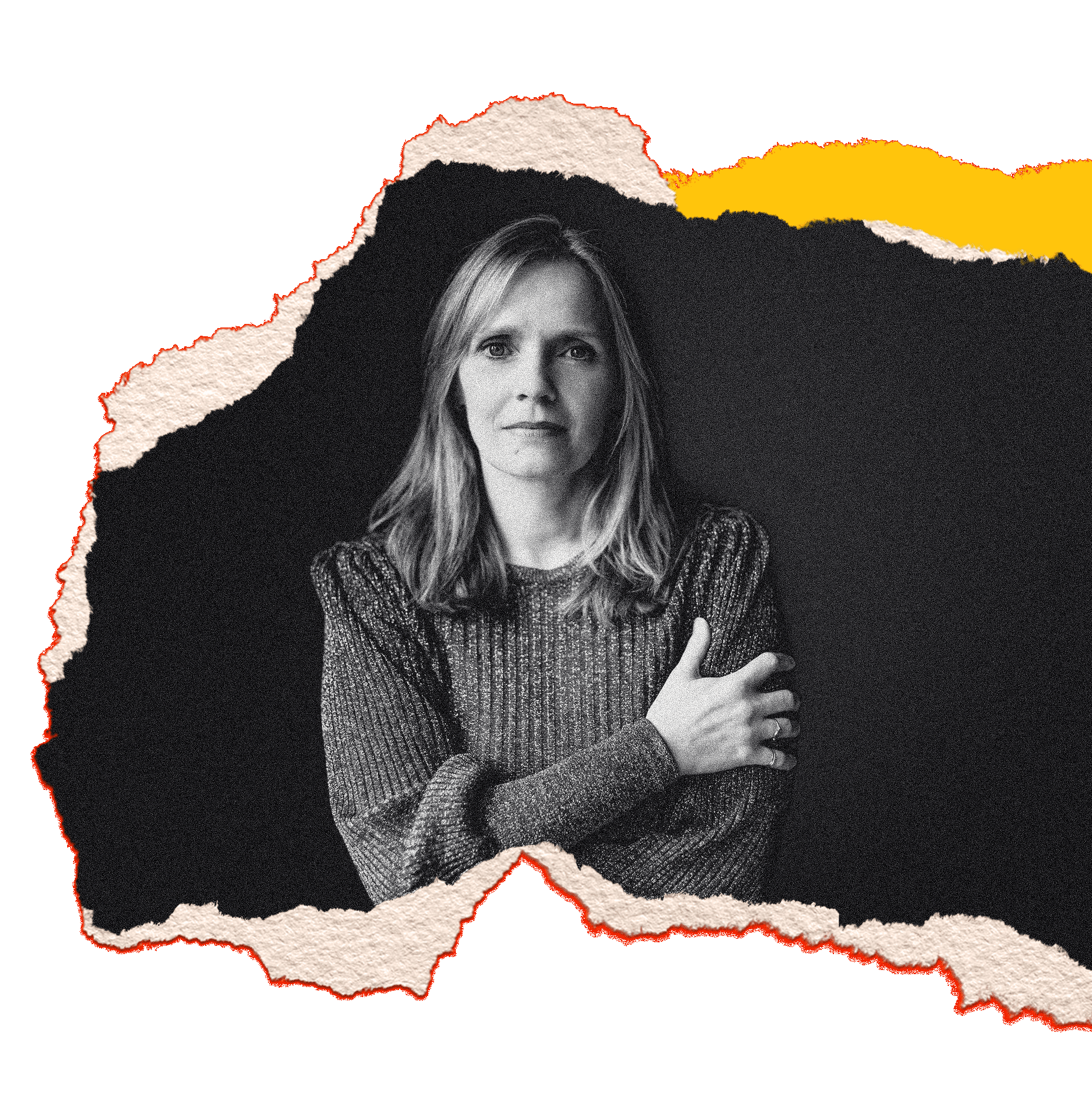#24 A BODY OF ONE’S OWN Episode #24
#24 A BODY OF ONE’S OWN
Camille Froidevaux-Metterie
It’s the full moon, witches! It’s time to discover the new episode of our podcast, dedicated this month to the philosopher, author, equality/diversity officer and political science professor Camille Froidevaux-Metterie. She presents her new book “Un corps à soi”, published by Seuil, to Sabrine Kasbaoui, our host. Together, they discuss different currents of feminist thought, Simone de Beauvoir’s “Second Sex”, and the relationship that women (in the intersectional sense of the term) have had with their bodies: both a place of patriarchal domination and a vehicle for full emancipation.
In this episode you will also find Jeanne Burgart Goutal’s Ecofeminist Thoughts -who will introduce us to the work of Maria Mies- and Stéphanie Lafranque’s Lunar Saga aka La Tisanière tatouée, who shares her lunar guidance. Enjoy your listening!
Suscribe to this podcast:

Episode #24
Summary
01:42 – Why did our guest choose to write her latest book Un corps à soi in the first person and not in the first person? And at what point she enters feminism, she also returns to the particularity of the phenomenology approach.
10:24 – The author discusses the lexical field of the feminine and the reasons why her book La révolution du féminin, published in 2015, was not well received in feminist circles at the time.
17:34 – What is the purpose of feminism and what were the foundations of patriarchy, the exclusion of women from political modernity and the birth of the suffragettes.
27:51 – How Simone de Beauvoir’s The Second Sex revived the struggle for women’s rights after the right to vote was won in the 1970s.
34:30 – The Boston Eleven’s Our Bodies, Ourselves was revolutionary for its time and still is today. Why did feminists stop talking about women’s bodies at some point?
43:40 – The ecofeminist thoughts of Jeanne Burgart Goutal.
53:00 – How in the 2010s did we experience a genital shift in feminism? And how did #Metoo act as a catalyst?
56:54 – The lunar saga of Stéphanie Lafranque aka La Tisanière Tatouée.
1:01:22 – Who is Iris Marion Young and why is her work important? Our guest and moderator talks about the amplification method, which aims to bring the work of women thinkers to the fore.
1:07:25 – Our guest discusses the second part of her book Un corps à soi, at what point does the sexualisation of women’s bodies begin?
1:13:17 – Camille talks about eating disorders, menopause and the invisibilisation of women as they age.
1:25:12 – The author gives us her feelings on the representation of the figure of the witch.
References cited
in the episode #24
Camille Froidevaux-Metterie: French author, researcher and professor of political science.
La révolution du féminin: Camille Froidevaux-Metterie, Gallimard, 2015.
Le Corps des femmes. La bataille de l’intime: Camille Froidevaux-Metterie, Points, 2018.
Seins. En quête d’une libération: Camille Froidevaux-Metterie, Anamosa, 2020.
Un corps à soi: Camille Froidevaux-Metterie, Seuil, 2021.
Virginia Woolf: British woman of letters. She is one of the leading modernist writers of the XXᵉ century.
Monique Wittig: French novelist, philosopher, theorist and lesbian feminist activist.
Christine Delphy: French sociologist and feminist.
Judith Butler: American philosopher and professor at UC Berkeley since 1993 whose work focuses on gender, queer and queer theory.
La conversation des sexes: Manon Garcia, Climats, 2021.
Mary Wollstoncraft: English schoolteacher, woman of letters, philosopher and feminist.
Le deuxième sexe: Simone de Beauvoir, Gallimard, 1986.
Maurice Merleau Ponty: French philosopher.
Our Bodies, Ourselves: Boston Women’s Health Book Collective, 1977.
Bell hooks: American intellectual, feminist, and activist.
Angela Davis: American activist, philosophy professor and writer.
Iris Marion Young: American political science professor, philosopher and feminist, known for her work on the nature of justice and social differences.
Être écoféministe – Théorie et pratique: Jeanne Burgart Goutal, L’échappée, 2020.
ReSisters: Jeanne Burgart Goutal, illustrations Aurore Chapon, éditions Tana, 2021.
Maria Mies: German sociology professor, writer and feminist. She created the Women and Development programme at the Institute for Social Studies in The Hague.
Ecofeminisme: Maria Mies et Vandana Shiva, L’Harmattan,1999.
Ceci est notre postpartum: Illiana Weizman, Marabout, 2021.
Les Mâles du siècle: Camille Froidevaux-Metterie et Laurent Metterie, 2021.
Les Contraceptés: Guillaume Daudin et Stéphane Jourdain, Steinkis editions, 2021.
Credits
Guest: Camille Froidevaux-Metterie
Animation: Sabrine Kasbaoui
Production: Gang Of Witches
Conception: Gang Of Witches, Sabrine Kasbaoui
Editing: L’Arrière Boutique
Sound design: Gang Of Witches
Music: Gang Of Witches
Mix: Thibault Delage, Adrien Beccaria, L’Arrière Boutique
Photography: Emmanuelle Marchadour
Branding: Vivien Bertin
Press review
What
they say










